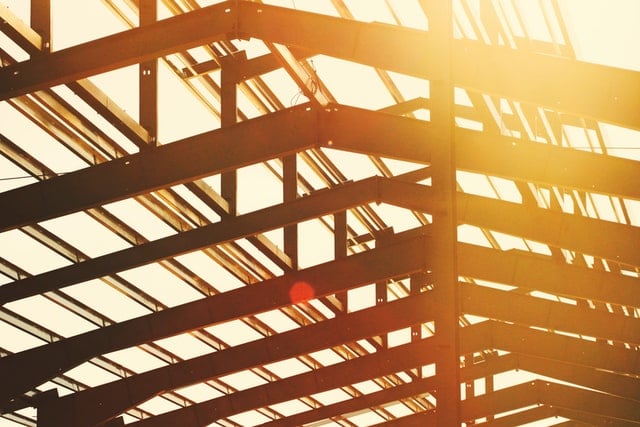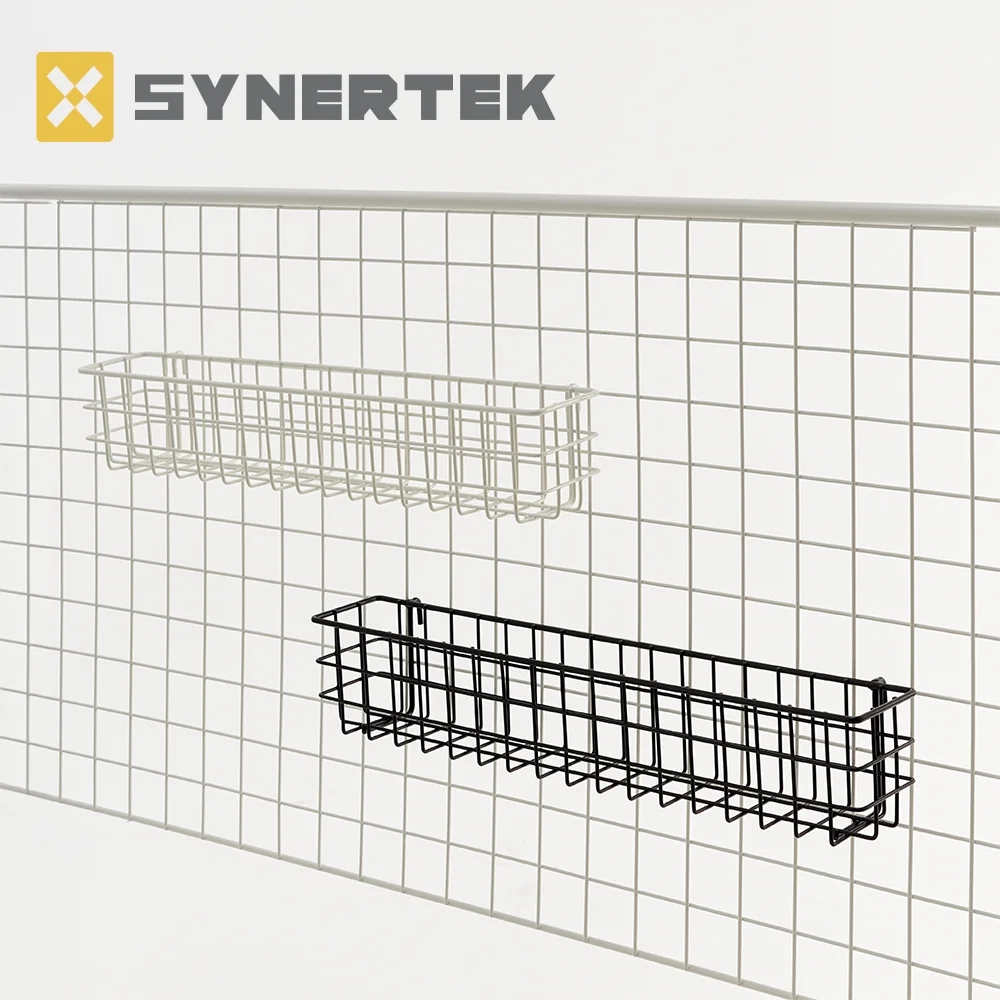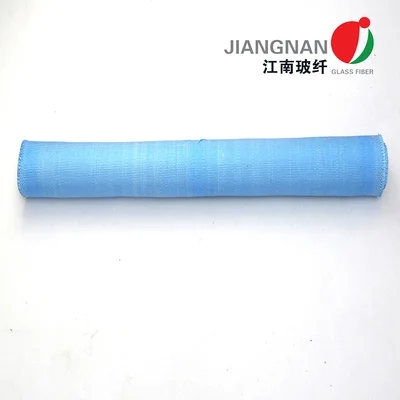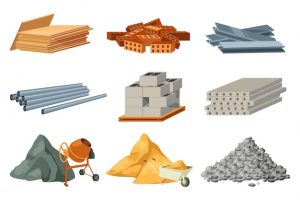Concrete is one of the most widely used building materials in the world. From skyscrapers to bridges, concrete is a versatile and durable material that has been used for centuries. In this article, we will explore why concrete is such a popular building material and why it continues to be a top choice for architects and engineers.
- Durability
One of the main reasons why concrete is so popular is its durability. Concrete structures can withstand extreme weather conditions, earthquakes, and even fire. This makes it an ideal material for buildings that need to last for decades or even centuries. In fact, many ancient structures made of concrete, such as the Pantheon in Rome, are still standing today.
- Strength
Concrete is also incredibly strong. It has a high compressive strength, which means it can withstand heavy loads without breaking or cracking. This makes it an ideal material for building foundations, bridges, and other structures that need to support a lot of weight.
- Versatility
Concrete is a versatile material that can be molded into almost any shape. This makes it an ideal material for architects and designers who want to create unique and innovative structures. Concrete can also be colored, stamped, or textured to create a variety of different finishes.
- Sustainability
Concrete is a sustainable building material. It is made from natural materials such as cement, water, and aggregates. These materials are abundant and can be sourced locally, which reduces transportation costs and carbon emissions. Additionally, concrete structures can be designed to be energy-efficient, which can reduce the building's carbon footprint.
- Cost-Effective
Concrete is a cost-effective building material. It is relatively inexpensive compared to other building materials such as steel or wood. Additionally, concrete structures require less maintenance than other materials, which can save money in the long run.
In conclusion, concrete is a popular building material for many reasons. Its durability, strength, versatility, sustainability, and cost-effectiveness make it an ideal choice for architects, engineers, and builders. As technology continues to advance, we can expect to see even more innovative uses of concrete in the future.







+ There are no comments
Add yours